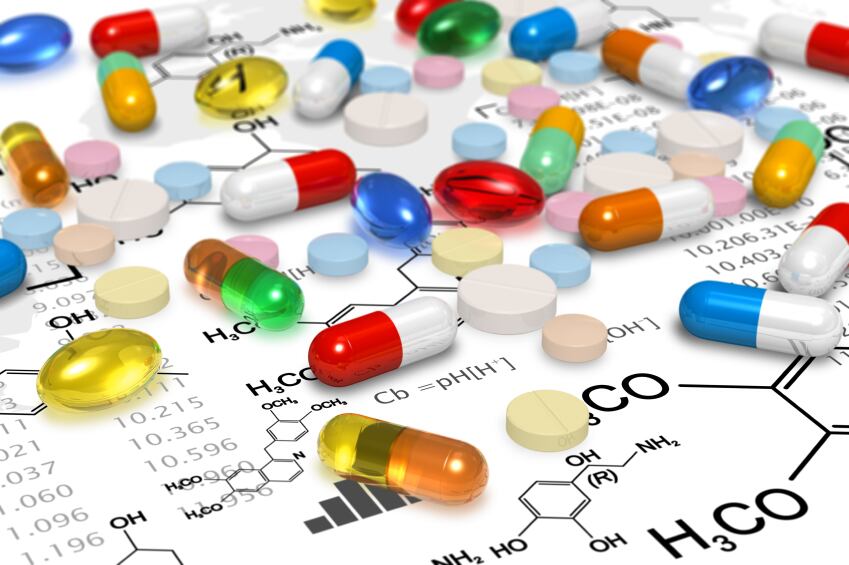The global market for cognitive function food supplements is big – up 23% globally between 2007 and 2012 to $1.39bn (€1.32bn) according to Datamonitor – and for Sharon Benedict, brand strategist at NPI the parents of autistic children are a promising consumer base.
She said the demand is already there: “Concerned parents of children with autism and attention-deficit hyperactivity disorder (ADHD) are keenly interested in brain health products that can help their children succeed in school and life.”
Formats and 'treatments' abound, and there is no treatment consensus for autism or its symptoms, a fact reflected by the UK National Health Service (NHS) which on its website lists a variety of medical interventions for children suffering ASD (autism spectrum disorder).
In the US Neurobiologix sells an 'Autism Starter Kit' of topical creams and supplements while Spectrum Nutraceutical is a powdered supplement which, according to the marketers, provides “all the nutrients that a child with autism needs in order to live life fully, almost like other kids. The supplement provides them the fighting chance to live normally despite their condition.”
‘An open opportunity’
For Manfred Eggersdorfer, head of research and development at DSM Nutritional Products in Switzerland, we can expect to see similar products being developed for the European market as the science catches up.
“Although many intervention studies with vitamin D, EPA, and DHA [omega-3 forms] have shown an apparent benefit in neuropsychiatric disorders, the mechanisms of these effects are underexplored; this is the reason why a positioning of a supplement in this area [autism] has not been done up to now,” he said.
But Eggersdorfer pointed to a recent study led by renowned researcher Dr Bruce Ames that put forward a possible mechanism - vitamin D and omega-3 fatty acids work in synergy to regulate serotonin pathways.
“This proposed mechanism is also supported by the fact that many individuals with mental illness are deficient in several micronutrients, particularly vitamin D, and omega-3 fatty acids."
“Supplementation with these micronutrients is effective for treating symptoms associated with ADHD, bipolar disorder, schizophrenia, impulsive behaviour, depression, and obsessive compulsive disorder.”
He added: "The findings are convincing and open the market opportunity.”
The study’s authors also propose that vitamin D and omega-3 fatty acid supplementation would be a safer therapeutic treatment than serotonin enhancing drugs which, they claim, often have negative side effects.
Irresponsible and inappropriate?

However, in its guidelines for managing autism the UK’s National Institute for Health and Clinical Excellence (NICE) specifically rules out the use of vitamins, minerals and dietary supplements.
The National Autistic Society (NAS) also draws attention to a lack of solid scientific evidence on its website for alternative therapies: “Too often, bold claims are made about therapies and interventions for people with autism without any supporting evidence. This is irresponsible and inappropriate.”
“…The NAS believes there is little scientific evidence demonstrating the efficacy of biomedical interventions [such as restrictive diets or supplements] in supporting people to directly ‘manage’ their autism, rather than to treat other conditions.”
Careful wording
For the time being, manufacturers must tread carefully, avoiding making unauthorised claims to treat, cure or prevent mental illness.
Benedict recommends that US manufacturers search out the claims they are legally authorised to make.
“There are a number of compelling structure/function claims brands can make that are perfectly legal for cognitive function, brain health, clear thinking, memory, learning, attention, focus and mood,” she said.
The EU’s nutrition and health claims register authorises claims for zinc, iron, iodine, carbohydrtaes and water to contribute to normal cognitive function and that omega-3 fatty acid docosahexaenoic acid (DHA) contributes to normal brain function in adults, infants and foetuses when 250 mg are consumed per day.
